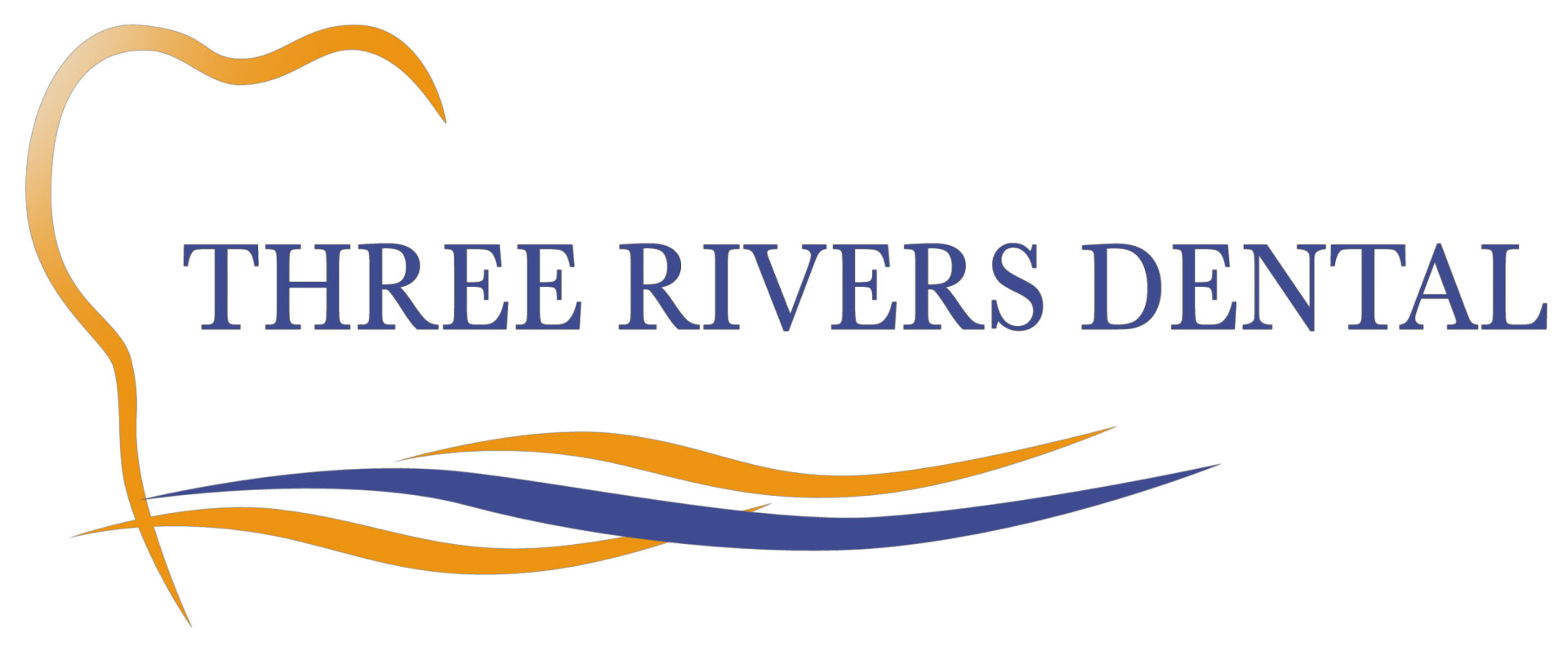Healthy teeth and gums are a valuable asset when it comes to the rules of attraction. In fact, research indicates flossing improves the appearance of teeth, oral health and overall wellness. Learn more about the benefits of dental hygiene and the top reasons to love flossing for confident, healthy smiles.
1. Flossing Fights Gum Disease
Healthy gums hold teeth firmly in place. When daily brushing and flossing is neglected, mouth bacteria can get out of control. Plaque bacteria collecting on teeth can develop calculus buildup around and below the gum line causing inflammation and irritation. Mild cases of periodontal disease are known as gingivitis, which can be treated with an improved oral hygiene routine. When gingivitis is left untreated, serious oral infection can set in, forming bacterial pockets deep below the gum line. These oral health issues can break down the healthy connection between gums and teeth, causing gum tissue erosion or requiring tooth removal.
The good news is gum disease can be treated and in most cases reversed. Regular flossing as part of a daily oral hygiene routine can improve gum health by preventing plaque buildup, tooth decay and gum disease. Flossing also removes excess food particles between teeth while brightening the appearance of smiles. Regular checkups and professional dental hygienist cleanings help remove plaque bacteria and build-up typically missed with daily brushing and flossing. During a routine dental checkup, your dentist will look for the presence of gum disease or signs of periodontitis. Medical News Today reports a range of treatments to address any periodontal issues discovered, including:
- Deep cleaning procedures including scaling and root planing to treat and help reverse gum disease.
- Medications or mouth rinses to help infected gums heal and combat mouth bacteria.
- Removal of inflamed gum tissue and bone damaged by gum disease along with bone or soft tissue grafts to rebuild bone and prevent further gum or tooth loss.
If teeth loosen or are lost as a result of periodontitis, a dental professional can restore a healthy confident, smile with sedation dentistry and dental solutions to restore or replace missing and damaged teeth, including:
- Tooth restoration with crowns, often needed when teeth have experienced breaks, weakness or fracture, or when existing tooth structure can no longer support a filling. Crowns can also resolve brittle teeth for patients who have received root canals.
- When redoing a crown is not enough, consider long term solutions to replace teeth, including a dental bridge, dentures or dental implants. These aesthetic solutions strengthen the bite and contour teeth to their natural shape and size.
2. Healthy Gums Can Protect Heart and Respiratory Health
The key to overall health and wellness may be right between your teeth. The soft tissue surrounding teeth are vulnerable to inflammation and disease, and its health status can affect the rest of the body. The University of Southern California School of Dentistry points to published articles presenting associations between gum disease and systemic disorders including heart disease.
The American Heart Association reports poor oral health may interfere with blood pressure control in people diagnosed with hypertension. Certain heart valve infections are also linked to poor oral health. The American Heart Association publication, Hypertension, also notes gum disease typically increases blood pressure.
In honor of American Heart Month, show some self-care this February by flossing daily to improve oral health and overall wellness. Heart disease is a serious condition with many critical outcomes. From angina and atrial fibrillation to complete cardiac arrest or heart failure, the effect oral hygiene has on overall heart health is astounding. Preventative care is the only way to ensure your heart is safe and healthy.
Healthy gums may also lead to healthy lungs. According to research published by the American Academy of Periodontology, periodontal health maintenance may contribute to a healthy respiratory system. Research has found bacteria associated with periodontal disease can be aspirated into the lungs and contribute to respiratory diseases, including chronic obstructive pulmonary disease (COPD) and pneumonia. With COVID-19 continuing to impact communities, preventative measures to protect respiratory health are more important now, than ever. Experts recommend a daily oral hygiene routine that includes flossing along with annual dental evaluations to assess the status of periodontal disease.
3. Flossing Creates Healthy, Confident Smiles
The Oral Health Foundation points to a healthy smile and fresh breath among the top attributes to finding love. In fact, more than two thirds of those polled ranked healthy smiles among their top three most attractive attributes, ahead of eyes, face and body shape. The only attribute with more votes than a smile was personality.
Overall wellness, improved oral hygiene, a confident smile and fresh mouth are reasons enough to fall in love with the benefits of flossing. Brushing teeth twice daily is the first line of defense against removing plaque bacteria, but it does not reach deep enough to clean gums. This is why flossing between all teeth is an important factor in fighting gum disease and protecting overall health. Flossing removes bacteria and food debris from in between teeth and around the gum line. Water flossers, floss picks and interdental brushes also work well between teeth where plaque bacteria hides. Pair flossing with an electric toothbrush to further promote healthy teeth and gums. Check out Today.com for additional tips and tricks from dental professionals on how to floss properly, along with product recommendations to consider.
Flossing is important for oral hygiene and vital to maintaining overall wellness. Make dental health and hygiene a priority by improving your daily oral care routine and regularly scheduling professional dental care cleanings and checkups. Request an appointment online or call Three Rivers Dental Group at 1 (855) 4 NO FEARS today. We are conveniently located throughout the Pittsburgh area in Greentree, Cranberry, and Greensburg.
